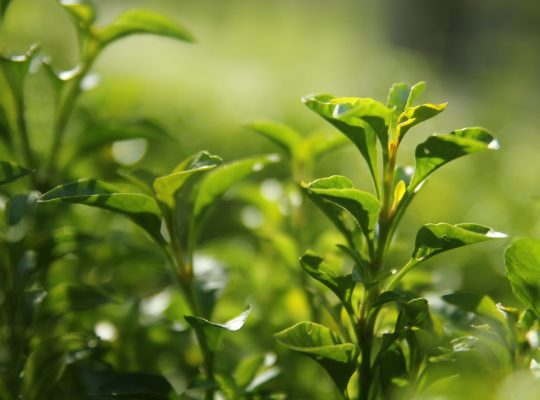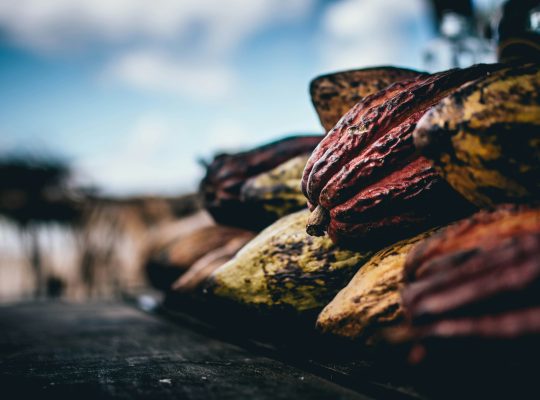When you sit down for dinner in the United States, your plate could contain more than you bargained for—a hidden cost to the environment. American imports of certain goods like palm oil and beef have been tied to roughly 122,800 hectares of tropical forest destruction from October 2021 to November 2023. This deforested area is about as large as Los Angeles, a report from the organization Trase at Global Witness suggests.
Breaking it down, over a third of this deforestation is associated with palm oil, mainly coming from Indonesia. Cattle products, mostly imported from Brazil, Australia, and Mexico, are the next big contributor. Other imports including coffee, cocoa, soybeans, corn, and rubber have also played a part, though to a lesser scale.
Mark Titley from Trase spoke to Mongabay, an environmental news platform, expressing concern over how significant palm oil has been in terms of deforestation traces back to the U.S.
Deforestation hotspots in several Latin American countries have been identified. Apart from Brazil, Colombia contributes close to a fifth of the deforestation footprint of U.S. coffee imports. Exports from Mexico, Peru, Ecuador, Nicaragua, and Honduras also play roles, with their primary exports including beef, coffee, and cocoa.
Trase’s approach to pinpoint these impacts includes analyzing satellite imagery of tree loss, examining trade records, and assessing commodity output data. This helps figure out the deforestation impact per ton of each country’s commodity production for any given year. For instance, looking at palm oil involves knowing the harvest yield of oil palm fruit to calculate its connection to deforestation.
The results we see might even underplay the full extent of U.S.-linked deforestation, as they don’t account for goods coming through intermediate countries or processed items—many of which contain palm oil.
According to Global Witness’ report, despite various stakeholders pledging to remove deforestation from their supply chains, the U.S. keeps importing these concerning commodities while the FOREST Act is pending in Congress. This act aims to ban imports made from commodities produced on illegally cleared land, which could then be enforced by U.S. authorities.
This bill’s introduction to Congress in October 2021, followed by a reintroduction in November 2023, was assessed by Trase for Global Witness to appraise the environmental damage caused by the legislative stalling. The Act covers only illegal deforestation, but it’s a start in the direction toward greater conservation. The delay in passing the law sees more forests fall every day.
There’s collective responsibility amongst corporations, governments, financial institutions, and individuals to halt commodity-based deforestation, Titley says. Companies can enact rigorous sourcing policies and ensure traceability. Financial bodies can implement funding restrictions. Governments can create and enforce laws, and citizens can influence the market by choosing products that don’t contribute to deforestation.
The data from Trase provides powerful insights, especially on high-risk areas and commodities like Indonesian palm oil and Brazilian cattle and soy. Open-source platforms are also stepping in to give consumers the power to trace back the origins of palm oil in their products.
In the U.S., the public is urged to advocate for the FOREST Act to match the proactive steps already taken by the U.K and the EU in curbing deforestation-linked imports. The goal is to end forest destruction by 2030 and restore ecosystems, which requires decisive action from leaders.








